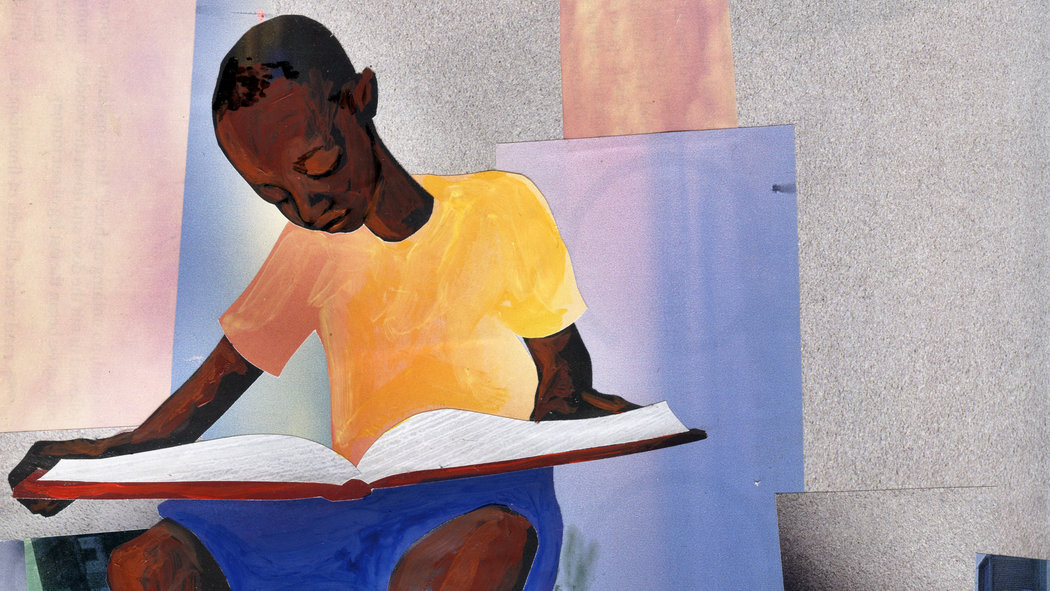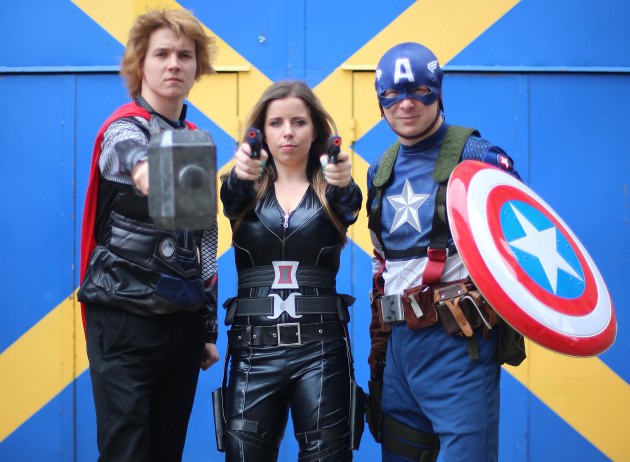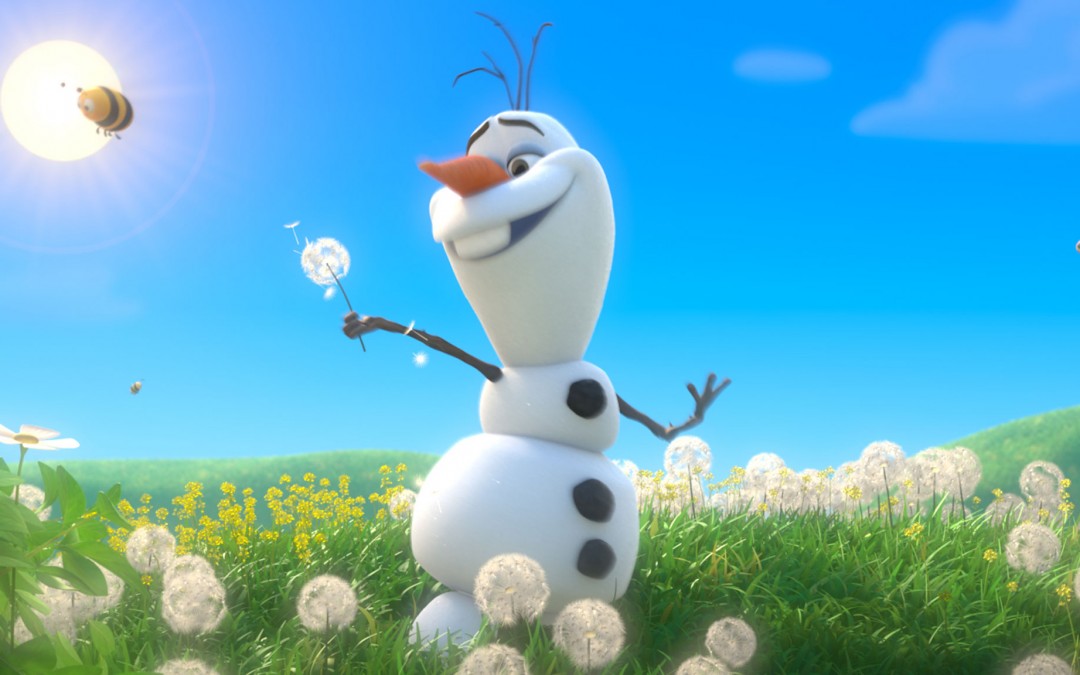
Non Pratt talks TROUBLE
The Guardian children’s books podcast catches up with Non Pratt and her debut Trouble:
If you haven’t already - check out the Trouble Tumblr … ’cause you can!

The Guardian children’s books podcast catches up with Non Pratt and her debut Trouble:
If you haven’t already - check out the Trouble Tumblr … ’cause you can!

Children’s literature has been talking about this for a long time but it was Walter Dean Myers’ son, illustrator Christopher Myers, who caught me off guard when he called it “the apartheid of children’s literature”.
Are we in the apartheid of children’s literature?
Walter Dean Myers’ op-ed last month published some statistics:
In the US 3,200 children’s books were published last year, with less than 100 (93!) that featured black characters, and only 67 were by African-American authors.
Books transmit values. They explore our common humanity. What is the message when some children are not represented in those books?
Black history is usually depicted as folklore about slavery, and then a fast-forward to the civil rights movement. Then I’m told that black children, and boys in particular, don’t read. Small wonder.
There is work to be done.
***
EW featured some prominent US editors this week - including:
Rosemary Brosnan, editorial director at HarperCollins Children’s wrote that [Books Sales] “can certainly impact visibility and output.”
Robin Adelson, executive director of the Children’s Book Council, looks at editorial staff:
Children’s book editors are predominantly white females and traditionally publishing houses are run by white men. Hiring a diverse array of people would help reflect the different children we’re publishing for.
Scholastic executive editor Andrea Davis Pinkney added:
It takes significant effort to find authors [of any race] who can tell great stories that will stand the test of time. I’m the mother of two teenagers who inform me there needs to be more for African-American boys that’s fun and exciting.
It’s discussed at an editorial level by most companies, all of whom are keenly aware of the diversity of readers in the UK and the US, and the responsibility that it carries.
***
Does it boil down to sales? EW feature an uncredited line:
If we thought there was a demand for more nonwhite characters, we would try to fill it.

ILM’s Hal Hickel talked at the Bloomberg Businessweek Design Conference… and it was BIG!

If you missed the MCM Dublin Con last week - here’s a quick recap!

HISHE have produced this AMAZING alternative ending to Disney’s Frozen.